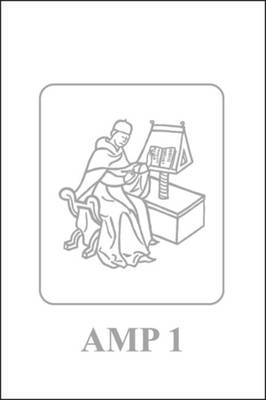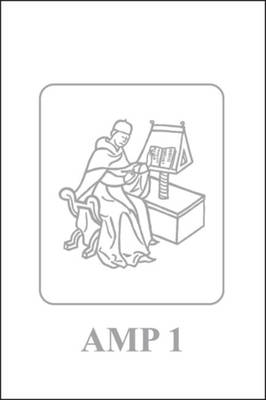
- Retrait gratuit dans votre magasin Club
- 7.000.000 titres dans notre catalogue
- Payer en toute sécurité
- Toujours un magasin près de chez vous
- Retrait gratuit dans votre magasin Club
- 7.000.0000 titres dans notre catalogue
- Payer en toute sécurité
- Toujours un magasin près de chez vous
On the Path to Virtue
The Stoic Doctrine of Moral Progress and Its Reception in (Middle-) Platonism
Geert RoskamDescription
This study is divided into two main parts. The first one is about the specific Stoic doctrine on moral progress (prokopê). Attention is first given to the subtle view developed by the early Stoics, who categorically denied the existence of any mean between vice and virtue, and yet succeeded in giving moral progress a logical and meaningful place within their ethical thinking. Subsequently, the position of later Stoics (Panaetius, Hecato, Posidonius, Seneca, Musonius Rufus, Epictetus and Marcus Aurelius) is examined. Most of them appear to adopt a basically 'orthodox' view, although each one of them lays his own accents and deals with Chrysippus' tenets from his own personal perspective. Occasionally, the 'heterodox' position of Aristo of Chios proves to have remained influential too.
The second part of the study deals with the polemical reception of the Stoic doctrine of moral progress in (Middle-)Platonism. The first author who is discussed is Philo of Alexandria. Philo deals with the Stoic doctrine in a very ideosyncratical way. He never explicitly attacked the Stoic view on moral progress, although it is clear from various passages in his work that he favoured the Platonic-Peripatetic position rather than the Stoic one. Next, Plutarch's position is examined, through a detailed analysis of his treatise 'De profectibus in virtute'. Finally, attention is given to two school handbooks dating from the period of Middle-Platonism (Alcinous and Apuleius). In both of them, the Stoic doctrine is rejected without many arguments, which shows that a correct (and anti-Stoic) conception of moral progress was regarded in Platonic circles as a basic knowledge for beginning students.The whole discussion is placed into a broader philosophical-historical perspective by the introduction (on the philosophical tradition before the Stoa) and the epilogue (about later discussions in Neo-Platonism and early Christianity).
Spécifications
Parties prenantes
- Auteur(s) :
- Editeur:
Contenu
- Nombre de pages :
- 508
- Langue:
- Anglais
- Collection :
Caractéristiques
- EAN:
- 9789058674760
- Date de parution :
- 15-02-05
- Format:
- Livre relié
- Format numérique:
- Genaaid
- Dimensions :
- 156 mm x 234 mm
- Poids :
- 875 g

Les avis
Nous publions uniquement les avis qui respectent les conditions requises. Consultez nos conditions pour les avis.






